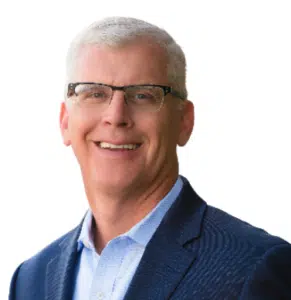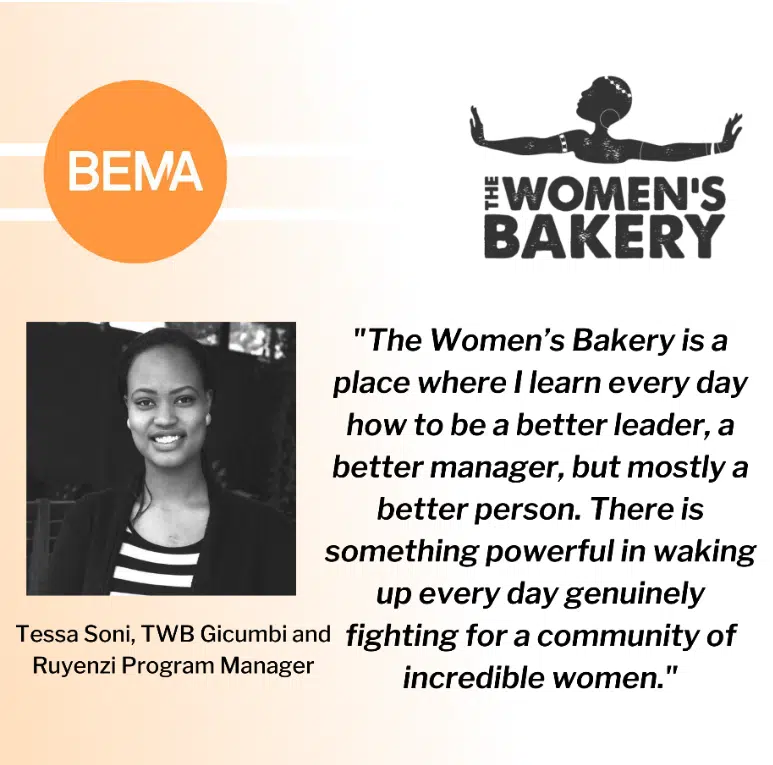10 Aug United Efforts – Embracing Servant Leadership
The last couple of months have tested us as individuals and as an industry on many levels. Amid the stress and strain, we’ve had an unanticipated benefit of seeing leadership manifest and bloom in unexpected areas. Through BEMA’s Supplier and Baker Town Hall webinars, conversations and texts, we’ve heard numerous stories of focus shifting away from the wants of the individual to address the needs of the collective.
This includes numerous examples of employees working overtime to keep lines running, staff reimagining workflows to enhance productivity, and collaborations between employees and leadership to find new ways to keep peers safe and productive.
Serving Others
The concept of service as the primary goal can be dated to Jesus with the example of washing his disciples’ feet. A more modern interpretation of servant leadership is credited to Robert K. Greenleaf, a 20th century researcher and businessman. Greenleaf introduced the idea of servant leadership to the business world with his essay The Servant as Leader.
He stressed that practitioners of servant leadership are tasked with ensuring the needs of others remain the highest priority. Servant leadership shifts emphasis away from the individual to re-allocate power to help others develop and perform at the highest possible level. Emphasis is centered on the growth and well-being of others and the communities to which they belong.
Close in mind and heart, but farther from home, we see the concept of servant leadership alive in East African communities at The Women’s Bakery (TWB). Here, founder Markey Culver demonstrates how baking can improve economic inequality among women in Rwanda, 57 percent of whom are denied access to education. Through the simple act of baking bread, TWB is shifting socioeconomic barriers and lessening food insecurity for women and their families in Rwanda.
Servant leadership also employs Turikumwe, the African concept of We are Together. I found this quote from Tessa, a TWB project manager, an incredible example of what servant leadership looks like in action.
“The Women’s Bakery is a place where I learn every day how to be a better leader, a better manager, but mostly a better person,” said Tessa Soni, TWB Gicumbi and Ruyenzi Program Manager. “There is something powerful in waking up every day genuinely fighting for a community of incredible women.”
Collaborative Actions
Here at BEMA, we see the power of the collective daily as the industry steps forward to help its own. Throughout the last couple of months, we’ve seen firsthand the heartwarming industry support for the #WeKneadYou initiative benefitting Feeding America (totaling $16,500), hard-hit QSRs and essential workers. We also continue to witness sharing and collaboration through BEMA’s Town Halls, webinars and stories of the industry assisting its own in a time of need.
Inspired by The Women’s Bakery mantra, “We can; therefore, we must.” BEMA hosted a virtual telethon on Thursday, June 25, to raise money and awareness for The Women’s Bakery and its ongoing mission. The telethon raised $43,138, which will give TWB the necessary financial runway to continue operations and allow expansion and growth so the social enterprise’s model can be replicated to benefit other women and bakeries in East Africa.
The one-hour event of storytelling, music, personal stories and comic relief from our hosts Eric Riggle and Mike Cornelis, demonstrated how the sharing and re-allocation of power can help others develop and perform at their highest possible level. On behalf of BEMA and its members, thank you.







No Comments